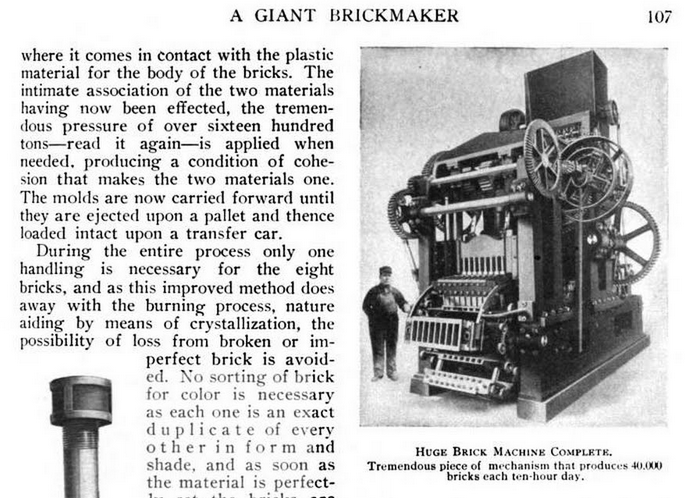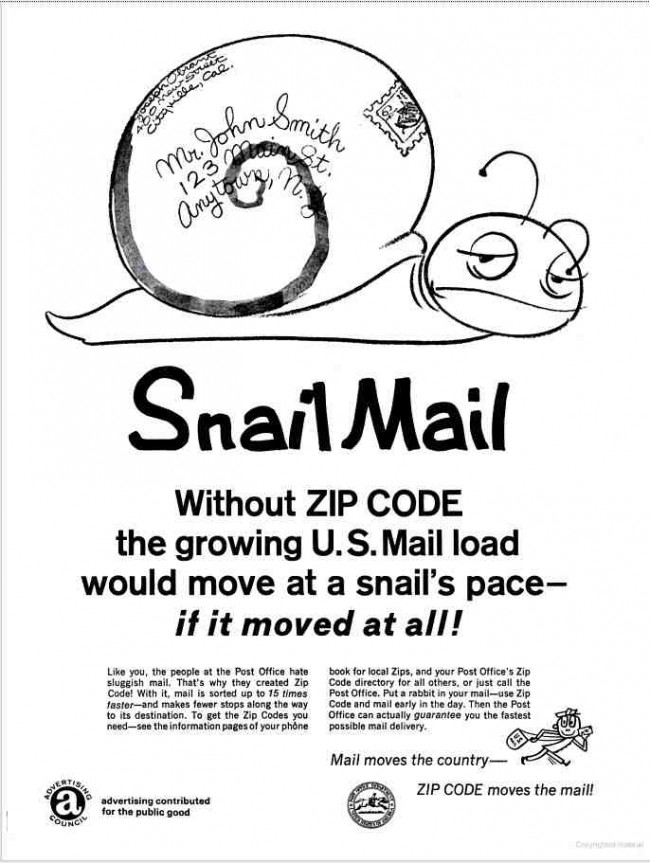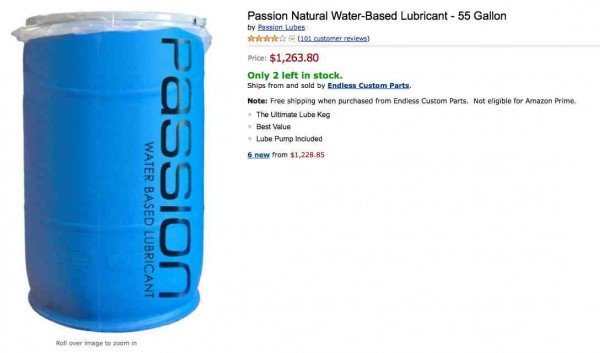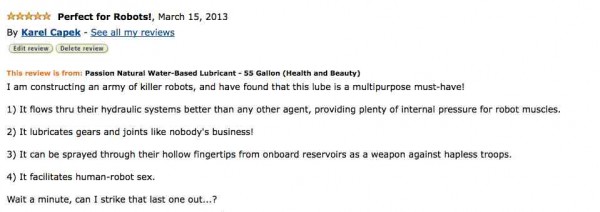Internet
301 views
The video below is interesting as a peek into the way that YouTube works, but it's also interesting as a YouTube curiosity because its view counter is permanently stuck at 301, and has been for 11 years now, even though its actual view count is probably well over 1 million. Someone at YouTube had to deliberately freeze its view counter. As far as I know, it's the only video on YouTube that's received special treatment in this way.
Posted By: Alex - Fri Dec 08, 2023 -
Comments (1)
Category: Technology, Internet, Video
USB Wine
Since this is French, it probably won't work in the U.S.More info: usbwine.com
Posted By: Alex - Fri Jan 07, 2022 -
Comments (5)
Category: Humor, Inebriation and Intoxicants, Internet
The Check Out Suite
The Hotel Bellora in Gothenberg, Sweden has introduced what it calls the 'check out suite'. The price of staying in this room is proportional to how much time you spend online while there. The cost rises the more you use the Internet. Also, a lamp in the room changes color from white to red as your Internet usage increases. If the lamp changes fully to red, you've got to pay full price for the room.The goal is to encourage occupants of the room to have more real-world interactions with people. But if so, why limit it to Internet usage? What about docking them for time spent watching TV as well?
More details: adweek.com

Posted By: Alex - Sat Feb 16, 2019 -
Comments (2)
Category: Internet, Hotels
Trouble with Links

Several people have mentioned that the link to the answer on the latest MYSTERY GADGET post (answer in foto above) did not work for them. Others have mentioned that some links are not permitted to folks outside the USA, and that seems to be the case here. Thanks to one and all for bringing this up.
In the future, I will make sure to have the answer after the jump, as well as at the original source!
Posted By: Paul - Sun Oct 16, 2016 -
Comments (0)
Category: Weird Universe, Internet
New “fake” Challenge

You have all heard of the Ice Bucket Challenge that raised millions for ALS (Which BTW my mother-in-law died from)
Now there is this challenge that is fake. But I like it though. Maybe we can get our Patty to try it and post a selfie ??
http://metro.co.uk/2015/06/02/this-is-why-women-are-taking-selfies-of-bottles-of-coke-held-between-their-breasts-5227099/
http://heavy.com/social/2015/05/hold-a-coke-with-your-boobs-challenge-all-the-photos-pictures-instagram-breast-cancer-awareness/
NSFW links
Posted By: BrokeDad - Thu Jun 04, 2015 -
Comments (6)
Category: Pop Culture, Internet, Women, Charity
USPS Forecasts Its Own Future

From a 1968 issue of NEW YORK MAGAZINE.
Posted By: Paul - Mon Jun 01, 2015 -
Comments (5)
Category: Internet, 1960s, Postal Services
Fading Email
A new email service allows you to send emails that fade away seconds after the recipient opens them. Though I assume, of course, that the NSA will still have a full, permanent record of it all.Available at fade.li.
Posted By: Alex - Thu Jul 24, 2014 -
Comments (8)
Category: Technology, Internet
The Internet: 1985
Connect computers over the phone lines?!? Never gonna happen!
Posted By: Paul - Sun Mar 24, 2013 -
Comments (20)
Category: Computers, Internet, 1980s
Passion Lube Reviews

The latest outbreak of "Humorous Amazon Reviews" centers around the product depicted above.
I couldn't resist adding one of my own. Click for readability.

Posted By: Paul - Fri Mar 15, 2013 -
Comments (7)
Category: Humor, Sexuality, Retailing, AI, Robots and Other Automatons, Internet
My Dog Can Skype
Posted By: Paul - Wed Jan 16, 2013 -
Comments (3)
Category: Communications, Internet, Dogs

| Who We Are |
|---|
| Alex Boese Alex is the creator and curator of the Museum of Hoaxes. He's also the author of various weird, non-fiction, science-themed books such as Elephants on Acid and Psychedelic Apes. Paul Di Filippo Paul has been paid to put weird ideas into fictional form for over thirty years, in his career as a noted science fiction writer. He has recently begun blogging on many curious topics with three fellow writers at The Inferior 4+1. Contact Us |




